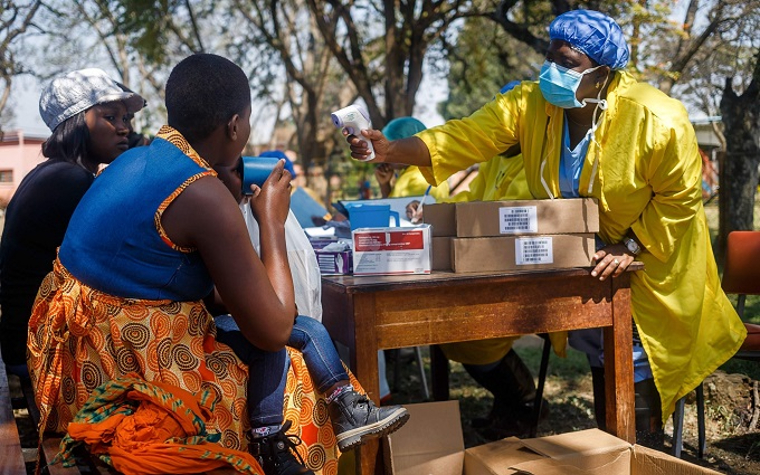Cholera breeds faster under conditions of squalor, in the absence of clean drinking water, and in circumstances of poor hygiene and sanitation. All these point to poverty-related vulnerabilities, which is why we all need to get concerned, and to devise broader interventions beyond the remedial. The lasting solution to chronic cholera outbreaks lies more in our service delivery level than in drugs, hospitals and clinics, themselves interventions of cure after preventive methods have already failed.
Zimbabwe now has a fast-growing urban population. Urbanisation in rural Zimbabwe is also picking pace, with our growth points being foremost beachheads for this phenomenon. Rapidly urbanising growth points are now a common feature in all the eight rural provinces. Sadly, this rapid pace of rural urbanisation has not been matched by the development of modern amenities and infrastructures that deliver clean, safe drinking water, and which ensure modern and efficient reticulation and waste management technologies and systems. Closing this gap is key to guaranteeing viable public health systems for a rapidly urbanising society such as our own.
Our country comprises 35 000 villages. While great strides have been made in providing safe water points to communities, there is still a big backlog to overcome before we get to that desired stage where all the 35 000 villages have access to clean drinking water, and functional sewer systems. As with urbanisation, this deficit is a key driver to recurring incidences of cholera outbreak in our country.
Our towns and cities have been run down precipitously, thanks to gross maladministration by opposition-controlled local authorities. Clean and safe drinking water is either unavailable or erratically supplied. Garbage collection services are largely dysfunctional, while broken sewers are a common sight, especially in our high-density suburbs.
To compound it all, unplanned and uncontrolled settlements have created a runaway urban sprawl where uncontrolled human settlements have outpaced the provision of basic services which guarantee public health and essential amenities. Backbone infrastructure for water supply and reticulation in most of our towns and cities is broken, struggling or non-existent.
This already bad situation has been exacerbated by the global phenomenon of climate change, which is characterised by low rainfall and excessively high temperatures that make the incubation of communicable diseases more likely and their spread more rapid.
The same phenomenon has translated into an energy supply crisis, particularly in respect of electricity, which is needed to power huge clean water supply systems for our people.
All of the above factors conspire to create the public health crisis, of which the recurring cholera outbreak is a clear manifestation. A comprehensive national response has thus become both needful and urgent.
Now that we have mapped the 35 000 villages in the country, Government needs to speedily roll out a nationwide borehole drilling programme to ensure that each of these 35 000 villages has access to a clean, safe drinking water point that is solar-powered, and to which is attached a community nutritional garden.
Such a countrywide intervention, which should be completed within a year, guarantees the defeat of cholera, while fortifying nutritional levels in all our communities.
This far-flung programme is uppermost during my second term, as part of our Integrated Rural Development Strategy. Together with the ongoing dam construction programme and the development of irrigation projects in every district, we should be able to lift millions out of rural poverty, thus hastening the realisation of our Vision 2030.
Continued next page
(134 VIEWS)



Pingback: Can Mnangagwa drill 35 000 boreholes in one year? | The Insider